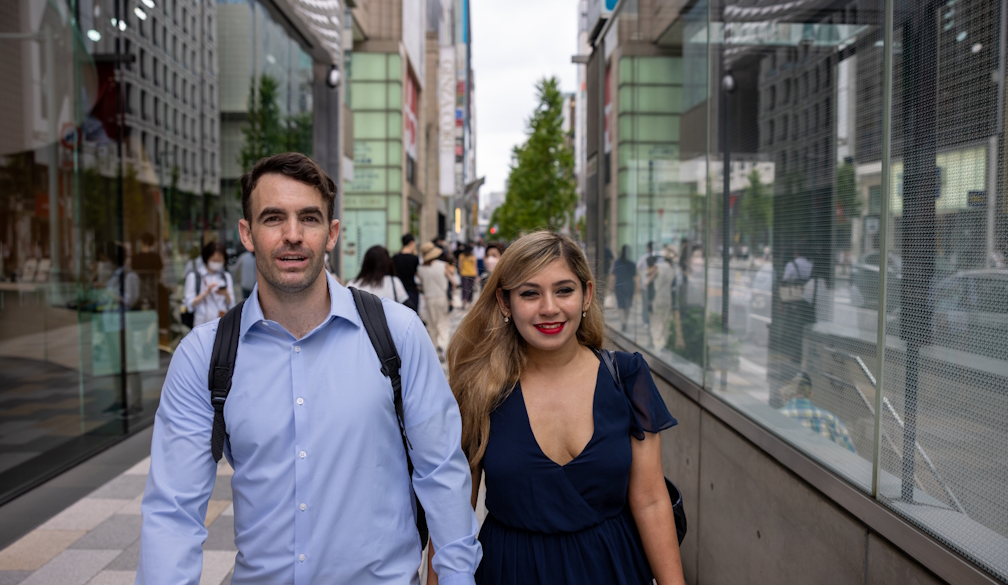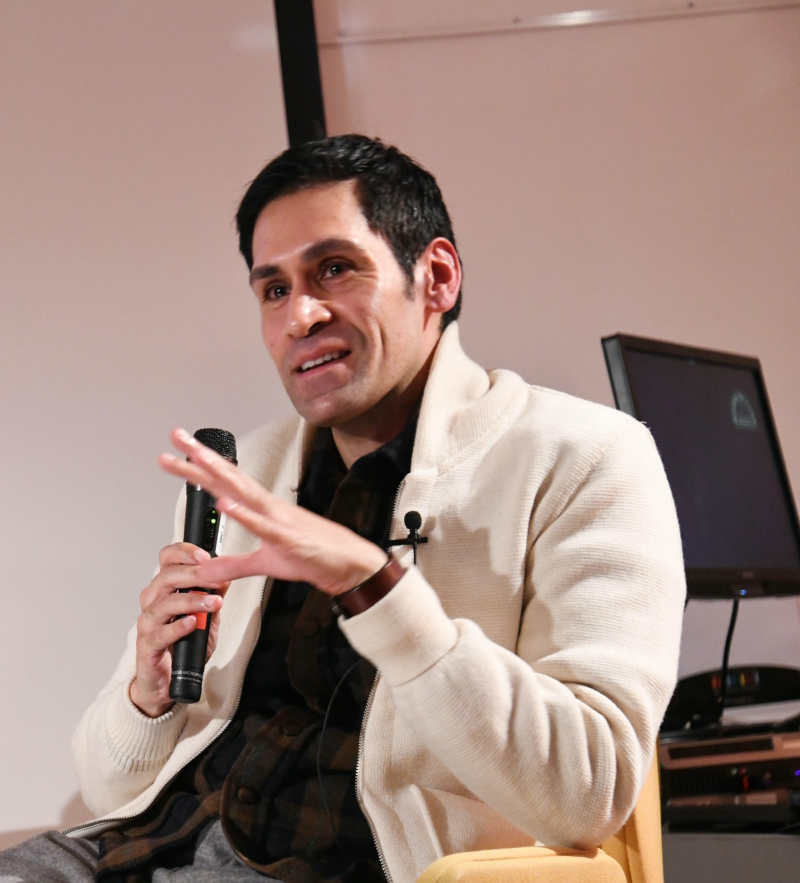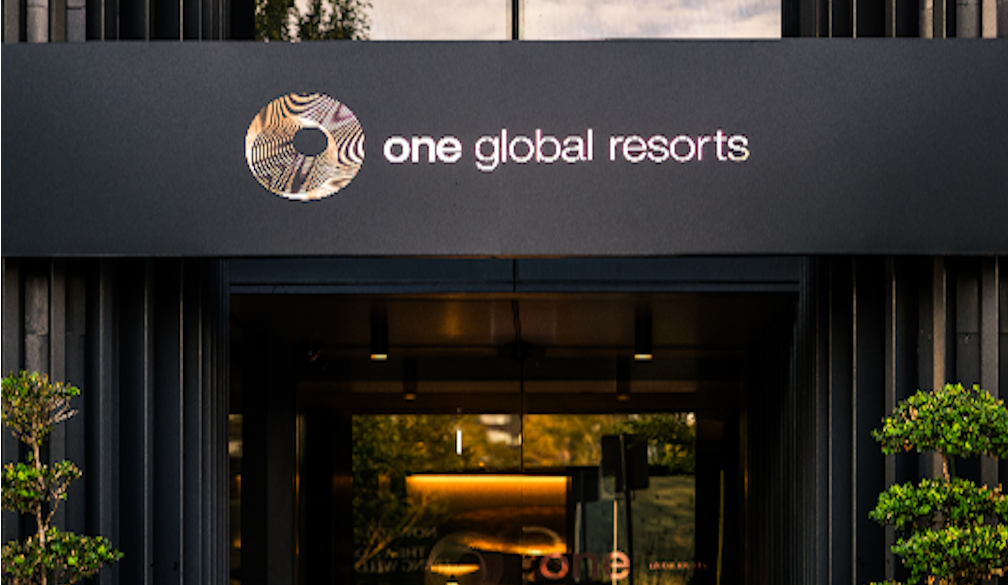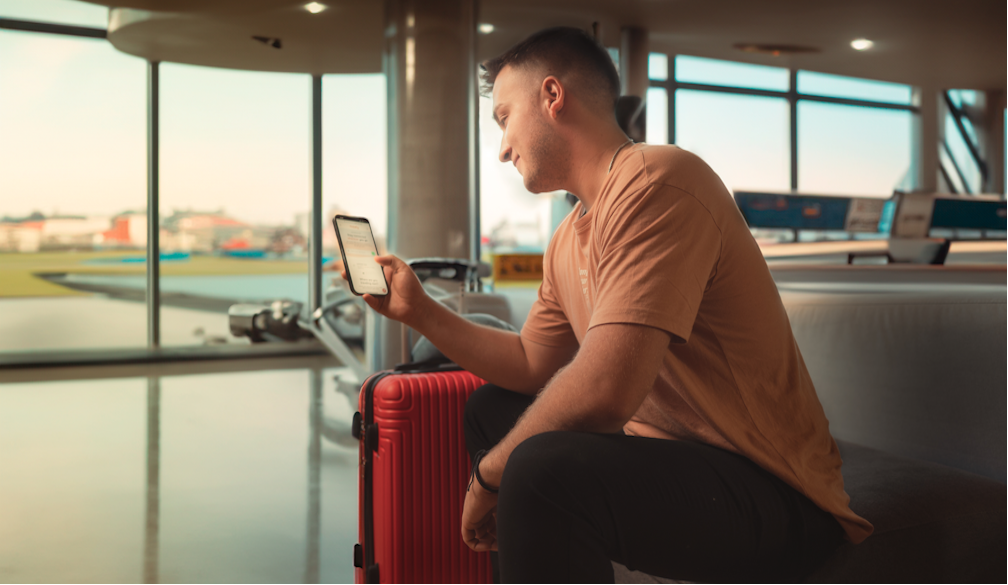Japan business trip: etiquette expert reveals how to make a good impression

Naturally, when visiting a different country, you’re likely to want to learn a few key common phrases to help you get by. But it’s not just language skills that tourists should be thinking about ahead of their trip, as etiquette and expectations can also vary greatly as you travel from country to country - and Japan is no exception.
Whilst Japan is well known for its many unspoken rules of etiquette that have been passed down over many years, it’s not expected that visitors to the beautiful, often strict and highly structured country will know every golden rule.
And so, with the above in mind, the experts at JRPass have pulled together some of their top tips to help you navigate common etiquette and practices when visiting Japan on your next business trip.
Key Things to Remember when Visiting Japan:
COVID Etiquette and Regulations
Although other countries had relaxed rules around COVID some time ago, it wasn’t until earlier this year, COVID rules and mask guidelines were significantly eased by Japan’s government. Now, visitors to the country no longer need to provide a clear COVID test or proof of vaccine before entry into Japan.
That said, when it comes to masks, although there is currently no mandate from the government, it is still common to see many people in Japan wearing masks, especially in crowded places and on public transport.
Ultimately, it is up to each individual how they choose to behave in regards to COVID-19 measures, and there is a mixture of attitudes and behaviours across the population in Japan.
Greetings and Bowing
The customs for greetings in Japan look noticeably different than those in most Western countries, and bowing is the most common Japanese greeting, ranging from a nod of the head to a deep bend at the waist.
Bowing is not one size fits all in Japan: there are different types for different situations depending on context, social status, age, and more. In more casual situations, for example, a bow of the head (similar to a nod) may suffice.
If you aren’t sure what type of bow is required in a given situation, don’t panic. Tourists are not expected to know the intricacies of the bowing customs in Japan. You will be able to follow suit with those around you, and after some time you will likely be choosing the appropriate bow without even thinking about it.
Restaurant Culture and Table Manners
Although eating out in Japan is a different experience to traditional western restaurants, you will pick up the customs and learn as you go. However, here are some simple pointers to help get you started.
Many Japanese restaurants will have traditional seating, consisting of low tables and cushions on the tatami floor. Make sure to take off your shoes before stepping onto the tatami floor and avoid stepping on any cushions other than your own.
Before the meal, a hot steamed towel (“oshibori”) is offered and should be used to clean your hands (not your face).
It is common to wait until everyone has received their food, and then start the meal with the phrase "itadakimasu" ("I gratefully receive").
When eating from a small bowl, it is good manners to pick this up with your hand and bring it closer to your mouth. Slurping is encouraged.
Avoid raising food above your mouth during the meal.
It’s customary to serve each other, so you should never pour your own drink (you pour your friends’ drinks, and they return the favour).
At the end of the meal, return everything on the table to how it was at the beginning, returning lids to dishes and placing chopsticks back on the rest or holder.
Usually, the person who invited everyone will pay for the meal.
Important chopstick rules:
Never stab your food
Don’t place chopsticks upright in the bowl (this is a ritual reserved for funerals)
Use the opposite end of your chopsticks to serve yourself from a communal dish
Don’t point at things (dishes or people) with your chopsticks.
Etiquette in the Street
Avoid loitering and blocking the flow of traffic, especially on busy streets. If you must stop, move to an area where you will not be disturbing the flow. This is especially important if you have lots of luggage taking up space.
It’s considered bad manners to eat or drink whilst walking in Japan. Instead, stop and take a break whilst you eat; many places (including many convenience stores) have designated places for you to stop and eat.
This rule also applies to smoking whilst walking: it is common courtesy to go to a designated smoking area, as this is the most respectful to those around you. Smokers often even carry portable ashtrays (available at convenience stores) to dispose of cigarette butts where cigarette bins are not available.
Keeping the streets clean is a point of pride in Japan, and you should hang on to all your rubbish until you find a bin or get home.
Whilst it may be tempting in today's photo-obsessed culture, do not approach the Geishas and Maiko for selfies in the street. They are working and often hurrying from one engagement to another, and as such, it is very disrespectful to hold them up for the purposes of getting a photo.
Another golden rule to bear in mind in Japan: do not blow your nose in public as it is seen as very rude.
Travel & Public Transport
Travel by train or via the subway system is the most common method of getting around in Japan, and both etiquette and rules surrounding train travel in Japan can be quite a different to that you’d experience in other countries.
As such, the key things to keep in mind when utilising the countries excellent train systems as a tourist are:
When moving around, always follow the flow of traffic – don’t worry, there tend to be arrows or signs to help point you in the right direction.
Politeness is key when travelling by train, so ensuring you’re paying attention when walking around, waiting politely to board the train, and generally being observant of your surroundings is vital.
If you have to make use of priority seating, you must give up your seat and respect the rules should someone who is elderly, disabled, or pregnant board the train.
Whilst in some countries, taking phone calls or playing on your phone is widely accepted, in Japan this is certainly not the case. As such, you should keep your phone on silent and avoid taking calls when onboard and keep any noise to a minimum.
Much like talking on the phone, conversations with your travel companions should also be done at a low level of volume.
Eating and drinking is also not widely accepted, unless travelling via the bullet train. Being mindful of others, especially when it comes to space, is essential. You should never take up more than one seat on a train to accommodate your belongings.
Haroun Khan, Founder and Owner at JRPass, commented: “Adjusting to a world of new etiquette and customs may seem initially confusing as a visitor to Japan, but it isn’t something that should deter you from visiting this beautiful country.
“Experiencing a different culture to your own is an exciting opportunity and one to jump into. Japan is an incredibly welcoming place, and no visitor is expected to know the ins and outs of every unique custom, however, learning some of the basic etiquette is always an appreciated effort.
“Of course, these are just some of the many common courtesies and rules followed when in Japan, and the country has many other fascinating rules to keep in mind when travelling around there, so we’d encourage you to do your research before you visit.”















